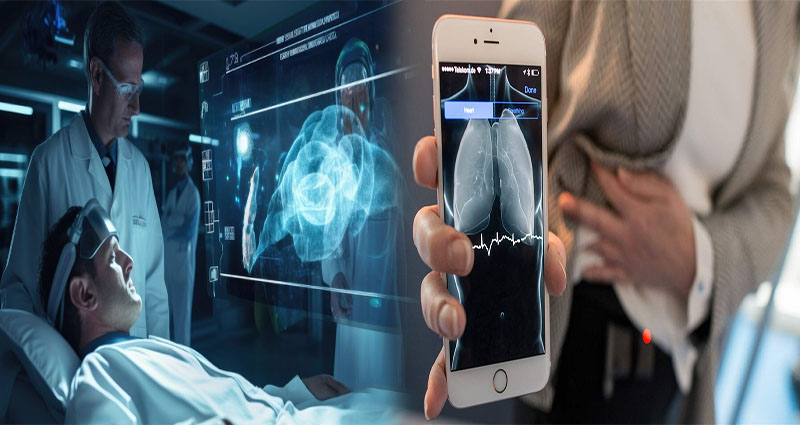Comprehensive Services and Patient Care at Specialized Dialysis Centers
Specialized dialysis centers play a vital role in providing comprehensive services and exceptional patient care to individuals with kidney disease who require dialysis treatment. These centers offer a range of specialized services and support systems to ensure that patients receive high-quality care tailored to their unique needs.
State-of-the-Art Facilities:
Specialized dialysis centers are equipped with state-of-the-art facilities that are specifically designed to meet the needs of individuals undergoing dialysis treatment. These centers have advanced dialysis machines, comfortable treatment areas, and a team of skilled healthcare professionals who are trained to provide specialized care to patients.
Multidisciplinary Care Team:
Specialized dialysis centers have a multidisciplinary care team that includes nephrologists, nurses, dietitians, social workers, and other healthcare professionals. This team works collaboratively to develop individualized treatment plans for each patient, taking into account their medical history, lifestyle, and personal preferences.
Comprehensive Services:
Specialized dialysis centers offer a wide range of services … Read More














